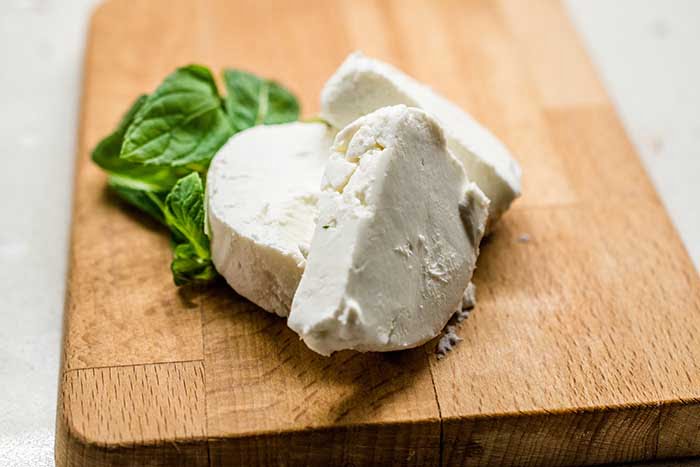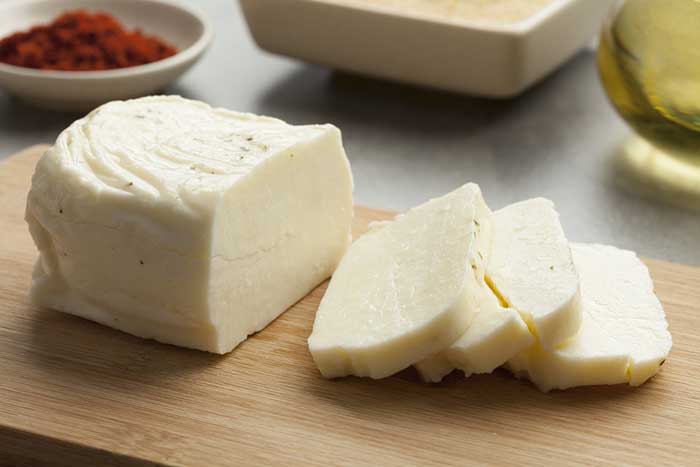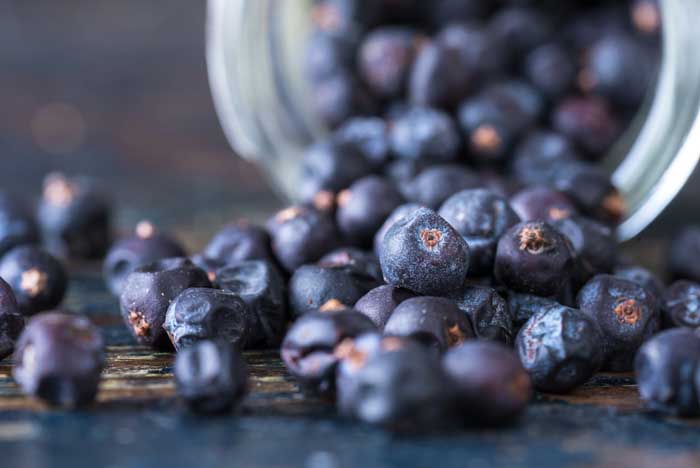Need a last-minute rice vinegar substitute? These best eight ingredient alternatives will get you out of trouble.

Rice vinegar is vinegar made from fermented rice. Although first made in East Asia, it has since grown in popularity worldwide for its distinct mild, almost sweet flavor.
Made from fermented rice, the best rice vinegar can brighten the flavor of an array of dishes, from meat to fish, as well as vegetable recipes. It’s more mild and subtle than white vinegar, with a delicate sweetness that can elevate the umami flavor of your dishes.
Rice vinegar is popular in several East Asian countries, from Japan down to Vietnam in Southeast Asia. There are many varieties of rice vinegar, depending on the country, color, and flavor. For example, strong Chinese vinegar is made from rice wine, while Vietnamese vinegar also comes in spicier varieties. No matter the country, rice vinegar tends to be mild and sweet, making it a good seasoning for sushi rolls, salad dressing, and other dishes.
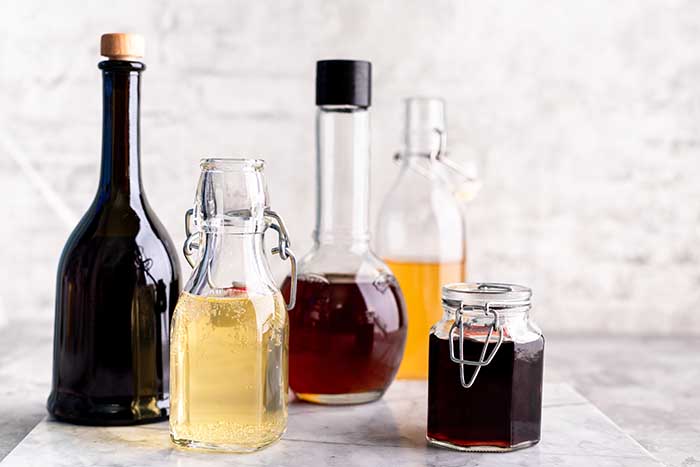
Rice vinegar is delicious, but in some parts of the country, not easily accessible outside of Asian grocery stores. However, you cannot use regular vinegar as a substitute because Western vinegar is far more bitter and acidic.
The best substitutes for rice vinegar are other milder vinegar varieties such as white wine vinegar or apple cider vinegar. These kinds of vinegar are far less bitter than regular white vinegar, although you should still use less of them than you would rice wine vinegar. If you are worried about vinegar overpowering your dish, use lime or lemon juice instead.
White Wine Vinegar
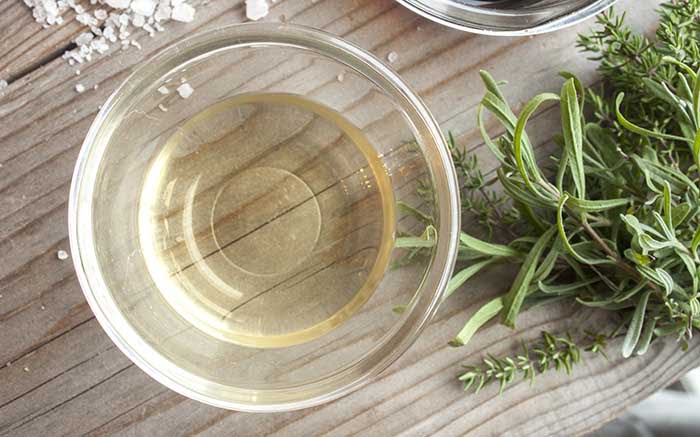
Probably one of the most common substitutes for rice vinegar, white wine vinegar is found in any supermarket and many home pantries. It’s easily accessible and has a very similar flavor to rice vinegar.
White wine vinegar is made from the fermentation of white wine. While it’s no longer alcoholic, it retains the light and fruity flavor of the wine. White wine vinegar also has the acidic kick of vinegar, but on a much milder level than many other kinds of vinegar.
You can use white wine vinegar to replace rice vinegar in almost any situation. Because it has a similar flavor profile, it works in a 1:1 ratio for sauces, pickling, cooking, or any other rice vinegar recipe.
White wine vinegar has a very mild taste but isn’t as sweet as rice vinegar. So if you are making a recipe that requires that amount of sweetness, add ¼ teaspoon of sugar for every cup of white wine vinegar. This will bring the sweet flavor out.
Apple Cider Vinegar

Apple cider vinegar is commonly used for a variety of recipes. It’s one of the best ways to catch fruit flies and is often used in health cleanses. While apple cider vinegar has a fruity apple taste, it works well as a substitute for rice vinegar.
Apple cider vinegar is made from apple cider. Because of this, it has a slight apple flavor in addition to the tang of the vinegar. Apple cider vinegar is a high-quality vinegar and is often used in recipes.
You can use apple cider vinegar for any of the recipes that would usually require rice vinegar. While you can simply use a 1:1 ratio of apple cider vinegar to rice vinegar, it’s recommended to add a ¼ teaspoon of sugar to every cup (to preserve the sweetness of rice vinegar).
Note: the only time the apple in apple cider vinegar comes across strongly is when you use it for pickling. If you prefer a cleaner taste to your kimchi or pickled vegetables, try not to use apple cider vinegar.
Lemon or Lime Juice
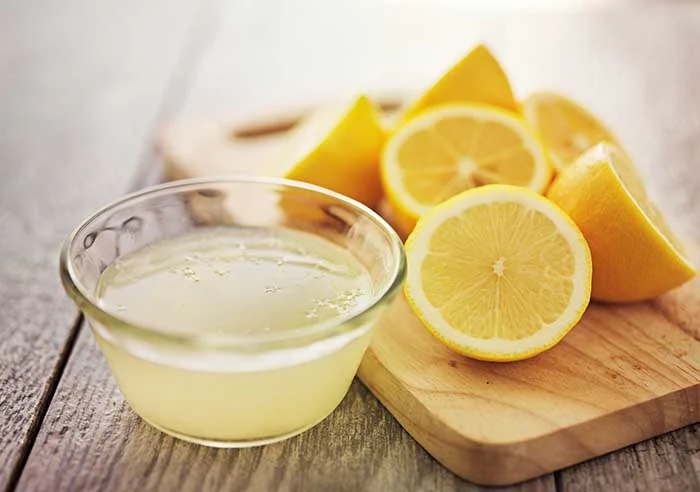
Lemon and lime juice are very similar since they both come from the more sour citrus fruits. Extremely easy to find in the supermarket (or by juicing a lemon or lime), either of these juices is a great, flavorful option if you’re out of vinegar.
While lemon and lime juice are not technically vinegar, they have a similar amount of acidity. Lime juice has a little less natural sweetness than lemon juice, but otherwise, these two juices are nearly identical. They both have a tangy, citrusy flavor.
These citrus juices work well instead of rice vinegar, but they do especially well in dressings or sauces. Of course, lemon or lime juice will add a citrusy flavor and be much sourer than vinegar. If you’re looking for a little bit of sweetness, add some honey or granulated sugar to your sauce.
For other cooking purposes, you can use lemon or lime juice instead of rice vinegar. However, it’s recommended that you double the amount required, as the vinegar is stronger.
Champagne Vinegar
Champagne vinegar is a slightly fancier version of white wine vinegar. It’s generally a bit more expensive and used in delicate, high-end dishes for its light flavor. However, champagne vinegar is an excellent substitute for rice vinegar, especially in seafood dishes.
Champagne vinegar, like white wine vinegar or sherry vinegar, has the delicate taste of wine. It’s a light and mild flavor, like the champagne itself. Champagne vinegar is an ingredient in salad dressings and sauces.
While you can use champagne vinegar at a 1:1 ratio to replace rice vinegar, it does bring out different flavors in the food. In addition, champagne vinegar is drier and might need some sweetener for specific recipes.
However, the light and almost floral taste of champagne vinegar make it an excellent choice for salads and seafood. So if you are making a dish with some fish, try champagne vinegar instead of rice vinegar.
Seasoned Rice Vinegar
Seasoned rice vinegar is a type of rice vinegar, so that it may seem like an obvious substitute for regular rice vinegar. However, the added seasonings make this type of vinegar more challenging to work within certain situations.
Seasoned rice vinegar is white rice vinegar with added sugar, salt, and sake (Japanese rice alcohol). It has a bolder flavor profile, with more sweetness and kicks to it.
You can use seasoned rice vinegar in place of regular rice vinegar. However, it’s important to note that the salt and sugar levels are higher in this product. Therefore, you will have to adjust the seasonings in the rest of the recipe.
Seasoned rice vinegar is best used as a splash of flavor at the end of cooked recipes or as a sauce or salad dressing component. It’s more flavorful than regular rice vinegar but a much less dynamic ingredient.
Sherry Vinegar
Sherry vinegar is commonly used in sauces and dressings and is a popular choice for many home cooks. It’s easy to find and has a versatile, mild flavor.
Sherry vinegar is made from fermenting sherry, a fortified red wine. While it has a strong wine taste, sherry vinegar is one of the more mild forms of wine vinegar.
You can use sherry vinegar at a 1:1 ratio to replace rice vinegar. It has a darker color (and might turn pickled vegetables or sauces a little darker than rice vinegar would). However, sherry vinegar’s mild flavor makes it a perfect substitute for rice vinegar.
Red Wine Vinegar
Of the wine vinegars, red wine is the strongest and probably used the least in cooking. While it pairs well with a steak marinade, lighter dishes (such as sushi or seafood) are overwhelmed by the red wine vinegar flavor.
Red wine vinegar is made from red wine. This gives it a stronger, dryer taste than white wine or sherry vinegar and increases the fruity flavor.
Red wine vinegar has a stronger flavor than sherry vinegar and should be used with caution to replace rice vinegar. If you make a lighter dish, try something else instead (the flavors could get overwhelmed). However, if it’s the only vinegar on hand, start with a small amount and measure it to taste.
Balsamic Vinegar
Balsamic vinegar is commonly used in Italian food because of its strong flavor profile and dark color. It is an excellent ingredient in marinades, salad dressings, and bread dips, but you can rarely swap it out for rice vinegar.
Balsamic vinegar probably has the most robust flavor of anything on this list. It is very dark and has a tangy, sweet flavor. Made from dark red grapes (including the skins), balsamic vinegar tastes distinctly like grapes.
Because this vinegar has such a strong flavor, be very careful when adding it into a rice vinegar recipe. It will quickly overwhelm any other flavors of the dish, especially more delicate foods like seafood. Also, do not go directly for a 1:1 ratio–instead, add the vinegar to your taste.
Note: Do not cook with balsamic vinegar – it is a sauce that works best when added to sauces or marinades because of its strong flavor.
FAQ
Can you use rice wine instead of rice vinegar?
Despite the fact they are both made from fermented rice, rice wine cannot be used as an ingredient alternative to rice vinegar. The fermentation processes of rice wine and vinegar are different, giving them strikingly distinct taste and aroma profiles.

